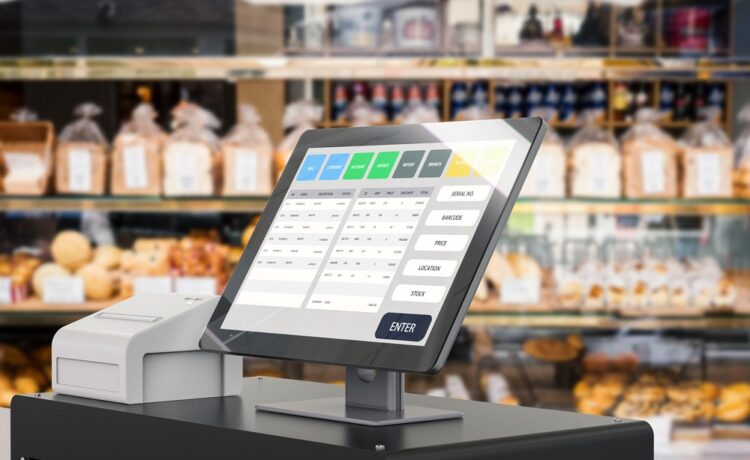As the retail industry continues to evolve, businesses are constantly seeking innovative solutions to streamline their operations and improve customer experiences. One of the most significant advancements in recent years has been the advent of cloud-based point-of-sale (POS) systems. These systems offer numerous benefits over traditional, on-premise POS systems and are quickly becoming the future of retail.
What is a Cloud-Based POS System?
A cloud-based POS system is a software application that runs on remote servers and is accessed through the Internet. Unlike traditional POS systems, which require expensive hardware and software installations, cloud-based systems are typically hosted by the vendor and accessed through a web browser or mobile app.
Benefits of Cloud-Based Point of sales Systems
- Cost Savings
One of the most significant benefits of cloud-based POS systems is the cost savings they offer. Traditional POS systems require businesses to purchase expensive hardware and software licenses, as well as pay for ongoing maintenance and upgrades. With cloud-based systems, businesses can avoid these costs and pay only for the services they use on a subscription basis. Additionally, cloud-based systems typically require less hardware, as they can be accessed from any device with an internet connection.
- Flexibility and Scalability
Another advantage of cloud-based POS systems is their flexibility and scalability. Because they are hosted remotely, businesses can access their POS systems from anywhere with an internet connection.
This means that employees can process transactions and manage inventory from multiple locations, such as a brick-and-mortar store, an online storefront, or a pop-up shop. Also, cloud-based systems can be easily scaled up or down as business needs change, allowing businesses to add or remove features and users as needed.
- Data Security
Data security is a major concern for retailers, as they are responsible for protecting sensitive customer information such as credit card numbers and personal information. Cloud-based POS systems offer enhanced security features, such as data encryption and secure backups, to protect against data breaches and other security threats. Moreover, because data is stored remotely, businesses can avoid the risk of losing data due to hardware failure or theft.
- Real-Time Reporting and Analytics
Cloud-based POS systems offer real-time reporting and analytics, allowing businesses to track sales and inventory levels in real time. This information can be used to make informed decisions about pricing, promotions, and inventory management. Also, cloud-based systems can integrate with other business tools, such as accounting software and customer relationship management (CRM) systems, to provide a complete picture of business operations.
- Enhanced Customer Experience
Cloud-based Point of sales systems can also enhance the customer experience. With features such as mobile payments and digital receipts, customers can complete transactions quickly and easily. Moreover, cloud-based systems can integrate with customer loyalty programs, allowing businesses to offer personalized promotions and rewards to their customers. This can help businesses build stronger relationships with their customers and increase customer retention.
Challenges of Cloud-Based POS Systems
While there are many benefits to cloud-based POS systems, there are also some challenges that businesses should be aware of. One of the main challenges is the need for a reliable internet connection. Because cloud-based systems rely on internet connectivity, businesses may experience downtime or slow performance if their internet connection is not reliable.
In addition, businesses may need to invest in additional hardware, such as tablets or mobile devices, to ensure that employees can access the POS system from anywhere.
Another challenge is the need for proper training and support. Because cloud-based POS systems are often more complex than traditional systems, employees may need additional training to use them effectively. Additionally, businesses may need to rely on vendor support to resolve technical issues or make system updates.
Conclusion
Despite these challenges, cloud-based POS systems offer numerous benefits to retailers and are quickly becoming the future of retail. With cost savings, flexibility, enhanced security, real-time reporting and analytics, and improved customer experiences, cloud-based systems offer a compelling alternative to traditional POS systems. As the retail industry continues to evolve, businesses that adopt cloud-based POS systems will be better positioned to succeed in an increasingly competitive landscape.















